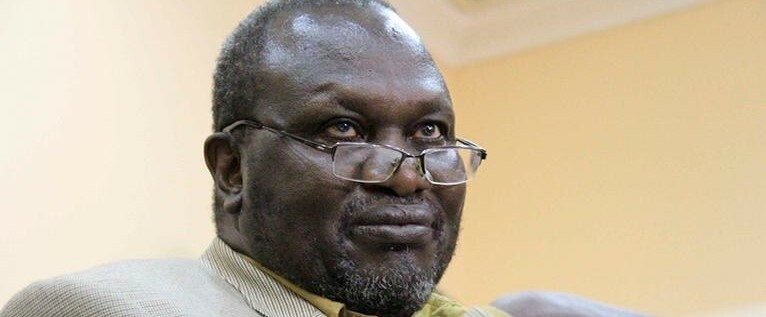Western embassies called Wednesday for the release of detained South Sudanese First Vice President Riek Machar as they condemned surging violence that threatens the country’s fragile peace deal.
The embassies of Canada, Germany, Japan, the Netherlands, Norway, the United Kingdom and the United States issued a joint statement warning that ongoing clashes, attacks on aid workers, and political tensions risk plunging the nation back into full-scale conflict.
Machar, a leader of the opposition SPLM-IO, has been under house arrest since March 26 amid a deepening rift with President Salva Kiir. The two men, whose rivalry has fueled years of civil war, signed a shaky peace agreement in 2018, but implementation has stalled, and cease-fire violations have increased.
“Sustainable peace can only be achieved through meaningful political engagement,” the statement said, urging South Sudan’s leaders to halt hostilities and release all political detainees, including Machar, to allow for inclusive dialogue.
The diplomatic push follows Médecins Sans Frontières (MSF)’s suspension of operations in Yei River and Morobo counties in Central Equatoria State after repeated abductions of its staff. Violence targeting humanitarian groups has surged in several areas, including Western Equatoria and Upper Nile, worsening an already dire humanitarian crisis.
“We specifically condemn attacks against civilians, humanitarian workers, and medical facilities protected under international law,” the embassies said. “These acts deepen the suffering of the South Sudanese people.”
Edmund Yakani, a prominent civil society activist, welcomed the embassies’ statement but urged stronger action. “There is a high probability of the country returning to war,” said Yakani, executive director of the Community Empowerment for Progress Organization (CEPO). “Dialogue is the only viable option.”
Yakani said his group is organizing a meeting this month of stakeholders to the peace deal to issue a joint position on its future. “The country is witnessing a sharp increase in armed violence. Dialogue remains the only viable solution to the political stalemate,” he said.
South Sudan, which has never held general elections since its independence in July 2011, postponed its planned vote last year to December 2026, further delaying a democratic transition.




